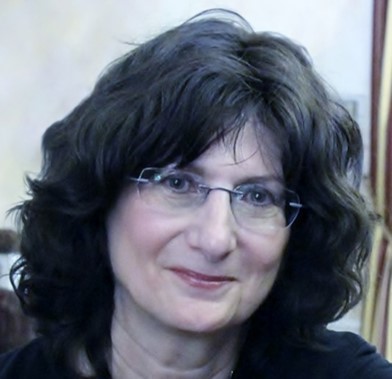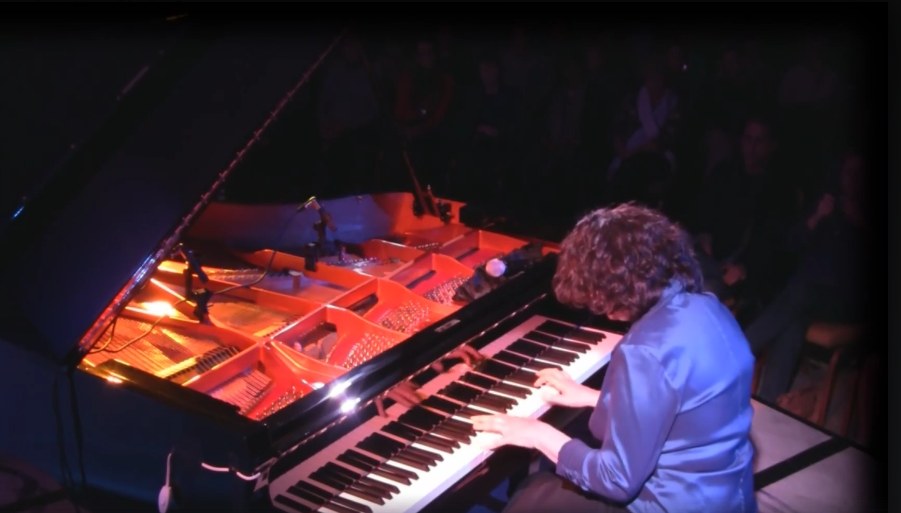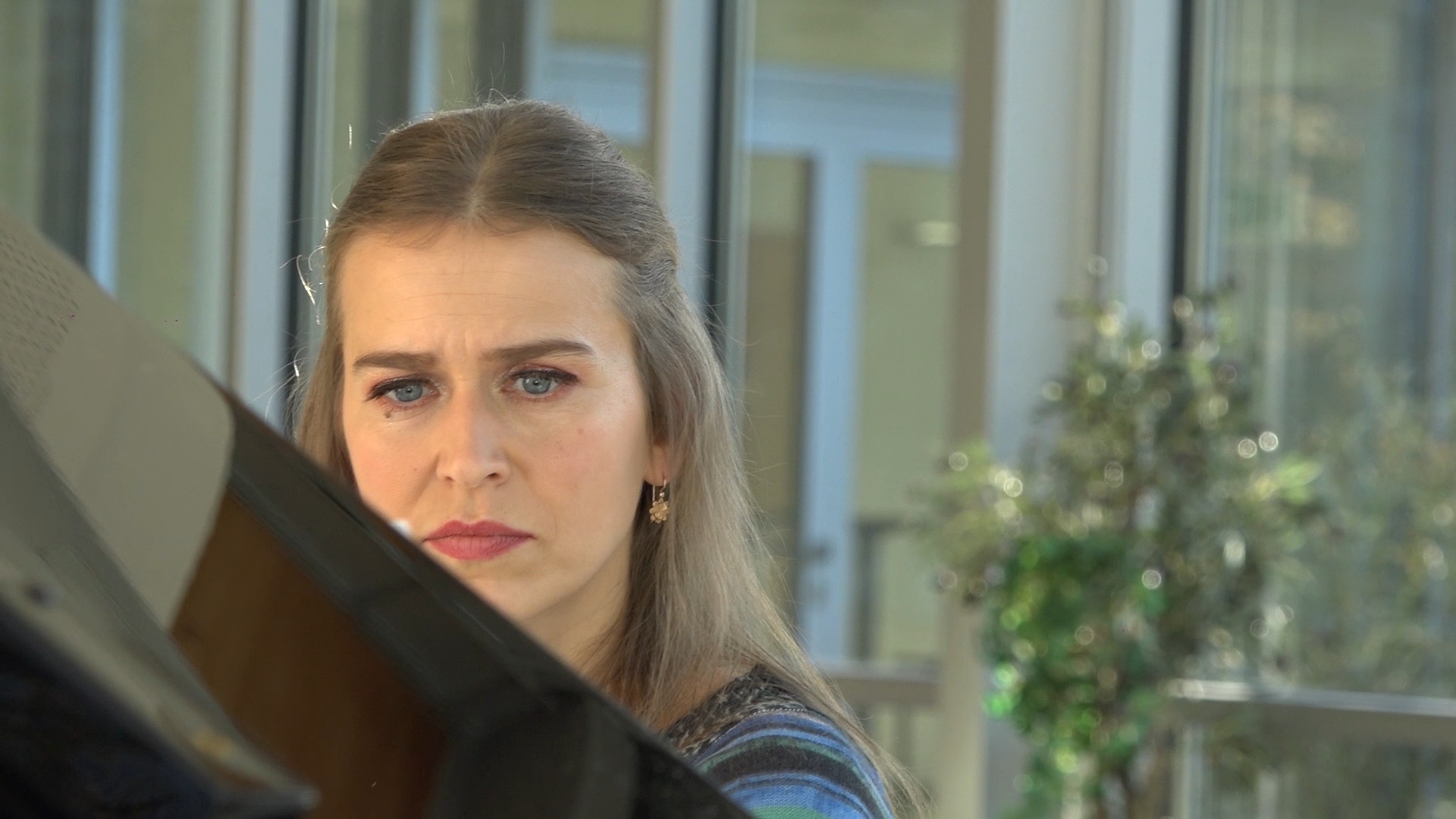About
When Shoshana was seven years old, a door-to-door salesman for a local music studio knocked on her front door. Her parents signed her up for music lessons, starting her first on the accordion then adding piano lessons soon after. Classically trained, Shoshana discovered ragtime while in high school when the movie “The Sting” came out and was instantly hooked. She started her professional career at the age of 17 playing honky-tonk/ragtime piano at Shakeys’ Pizza Parlors and the following year was hired by Knott’s Berry Farm in Buena Park, California as a ragtime pianist in their brand-new Roaring 20’s section.
Throughout the years, Shoshana has played different genres of music at different venues. She has played ragtime at The Old Town Mall in Torrance California, accompanied the melodramas at The Bird Cage Theatre in Knott’s Berry Farm, served as piano accompanist for many musical productions and played contemporary piano solo at The Galleria at South Bay in Redondo Beach, California.
Shoshana fell in love with New Age solo piano music over 25 years ago, listening to and playing music by pianists David Lanz, Suzanne Ciani, Jim Chappell and others. She was so inspired by their music that she wrote her first piano solo, “Heather, Roses and Moonlight”, for a piano student who shared her love of New Age solo piano. Very soon after, however, feeling that she couldn’t compose, she stopped writing music entirely.
When Shoshana discovered Chabad nigunim, songs of Jewish Eastern European origin, she started arranging and playing these beautiful melodies. The positive responses of listeners, moved by her soulful renditions of the nigunim, encouraged her to record and produce her debut album of piano solos, Soul Whispers in 2015. Music from Soul Whispers can be heard worldwide on internet radio stations. Jewish Education Media has used tracks from Soul Whispers in several of their documentaries and it was nominated for 2015 SoloPiano.com Album of the Year.
Although tracks from Soul Whispers were being played on several online solo piano radio stations, she felt the need to prove herself as a composer, not just as an arranger or pianist, to the solo piano community. Determined to compose, she sat down at the piano and after a few tries, the music began to flow. The blocks that had been preventing her from composing for twenty-four years were starting to dissolve. It was as if the flood gates opened and now she couldn’t write down the music fast enough. The result of this ‘flood of music’ was her second album, Dancing on the Wind. Dancing on the Wind was released to an enthusiastic and positive audience and was nominated for Whisperings Album of the Year, One World Music Radio’s Solo Piano Album of the year and SoloPiano.com Album of the Year and won a Global Peace Song Award.
Inspired by the overwhelming response to Dancing on the Wind, Shoshana continued to compose and within a few months, had composed the music for her next album, Prelude to a Dream, which was nominated for Album of the Year by Enlightened Piano Radio, the International Music and Entertainment Association and won Best Solo Piano of the Year by One World Music Radio. Her fourth solo piano album is in the works and will be released in January of 2019.
Shoshana’s music can be heard on Pandora, Sirus XM radio, Whisperings Solo Piano Radio, SoloPiano.com, Spotify, Calm Radio, Sleep Radio, The River of Calm, Accuradio, and many other streaming stations worldwide. Her music can also be heard up in the sky on several airline’s in-flight programming.
Shoshana’s playing has been described as “graceful and flowing” and “refined and elegant”. Her music stirs the heart and touches the soul. The music she writes is inspired by life experiences, people and emotions.
Shoshana is passionate about sharing her music with others and she strives to compose and perform as often as she can. She resides with her human and avian family in Brooklyn, New York.


